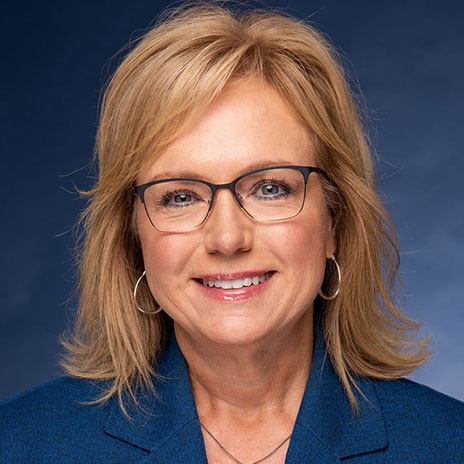
“Our goal is to help students stay enrolled during this particularly challenging time,” said Pyeper Wilkins, chief of advancement initiatives for the foundation. “Sometimes, just a small amount of money can help a student with a short-term financial crisis so that they can finish the semester.”
Contact: Debra Dennis
For immediate release — June 3, 2020
(DALLAS) — When the COVID-19 pandemic struck, Nathan Kande, an engineering student at Richland College, found himself struggling to complete his final courses after losing access to the school’s library computers when the college shut its doors and moved classes online.
“I desperately needed my own computer,” said Kande, an international student from Congo who was without a laptop when the district made the transition to virtual learning practically overnight. “I was doing everything at the library, and once school closed, I couldn’t even do my homework. My family couldn’t even send me money [for a laptop] because they had their own problems because of the pandemic.”
He said he tried to use a friend’s computer — testing an inconvenient system where one would use it at night and the other would use it during the day. But that did not work. “He would have a term paper or something where he needed more time with it,” Kande said.
Thankfully, Kande applied for and received $500 from the foundation’s first round of emergency aid funding. With funds in hand, he promptly bought a computer, completed his courses and is set to graduate on June 13.
Students like Kande who lack sufficient funds for learning tools, housing, child care, tuition and other needs may again apply for emergency aid provided by the Dallas County Community College District Foundation. The application process re-opens the first day of each semester and closes on the last day of each semester, with applications for the next round of funding beginning June 4 with the start of Summer I classes.
The ability to offer more aid stems in part from the Coronavirus Aid, Relief and Economic Security (CARES) Act, which has given DCCCD the ability to provide additional emergency aid funding for eligible students during the next 12 months. Under the DCCCD Emergency Aid Fund, any student enrolled in one of the district’s seven colleges is eligible to apply once per semester.
In addition to accelerating the need for personal computers, hot spots, and funds for rent and food, COVID-19 has also deepened the bleak financial outlook for some students.
“Our goal is to help students stay enrolled during this particularly challenging time,” said Pyeper Wilkins, chief of advancement initiatives for the foundation. “Sometimes, just a small amount of money can help a student with a short-term financial crisis so that they can finish the semester.”
Nearly 24,000 DCCCD students were living in poverty prior to the pandemic. They are experiencing job losses, rent shortages and food insecurity as the pandemic has compounded their problems, she added.
“Staying enrolled and completing certificates and degrees will be even more important as the job market changes due to the pandemic,” Wilkins said. “We want to support our students as they work hard to obtain the skills they need to compete for these jobs and support themselves and their families.”
Students are more likely now to face financial emergencies than ever before, officials said. DCCCD has partnered with Edquity, an educational technology company, that reviews the applications.
# # #